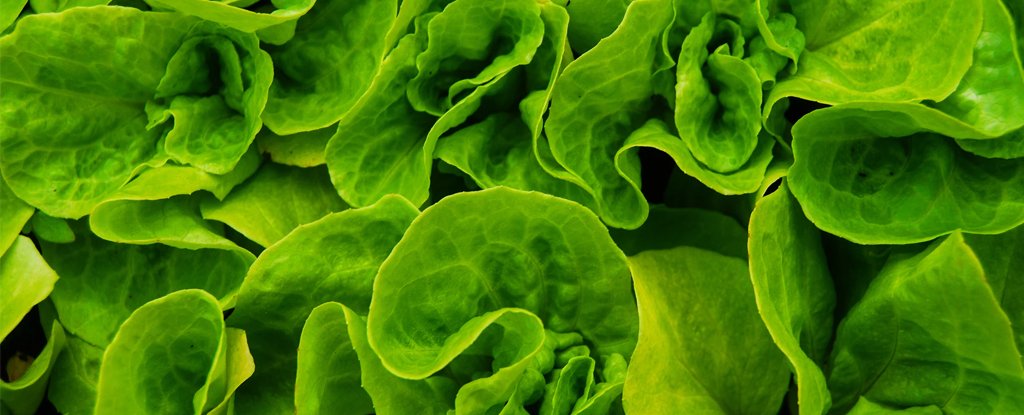Products You May Like
Some Salmonella bacteria strains have found a way of evading plant defences and sneaking their way into leafy greens – a strategy that’s effective enough to protect them against plant immune systems and from being washed off in the kitchen.
It’s a classic trojan horse manoeuvre that’s both deeply worrying and impressive in its ingenuity: the route in is through the stomates, the tiny air holes in plant leaves that open and close naturally to allow plants to cool off and breathe.
While fungi and plant bacteria are known to brute-force an entrance into these stomates, it now appears that the Salmonella pathogen that affects humans can push its way in too, effectively getting access to locked doors that it shouldn’t be finding a route through.
“What’s new is how the non-host bacteria are evolving to bypass plant immune response,” says plant biologist Harsh Bais from the University of Delaware.
“They are real opportunists. They are absolutely jumping kingdoms… When we see these unusual interactions, that’s where it starts to get complex.”
This finding builds upon previous work from some of the same researchers, looking at how bacteria might be finding new ways into human hosts through plants, and how we could protect against it.
In this case, the team went through a painstakingly detailed process of studying how stomates on spinach and lettuce responded to Salmonella, Listeria, and Escherichia coli pathogens, all of which can infect plants without leaving a trace.
That’s how the Salmonella method of attack was discovered, and that has implications for how our food can be protected in the future – both as it’s grown on farms and as it’s processed for selling and eating.
“Now we have a human pathogen trying to do what plant pathogens do,” says Bais. “That is scary.”
As plants are bred to increase yield at the expense of their immune systems, or grown too close to livestock, the risks of infection increase, the researchers say. Further infection can happen as the plants are processed by human hands on their way from farm to fork.
Washing and even chemical treatments can’t clean off bacteria that have already found their way into the leaves of a plant. When it comes to vertical farming, infections can easily spread through water systems and human touch.
There is hope, though – and if we better understand the threats, we can better protect against them. Biological controls and strict safety controls for irrigation and cleaning systems can be adapted to keep our food safe, the team says.
“The food industry works tirelessly to make the product as safe as they can,” says microbiologist Kali Kniel from the University of Delaware.
“But even then, we are growing these products outside, so they’re accessible to wildlife, wind, dust, and water that may transmit microorganisms. It’s a tough situation.”
The research has been published in Frontiers in Microbiology.
